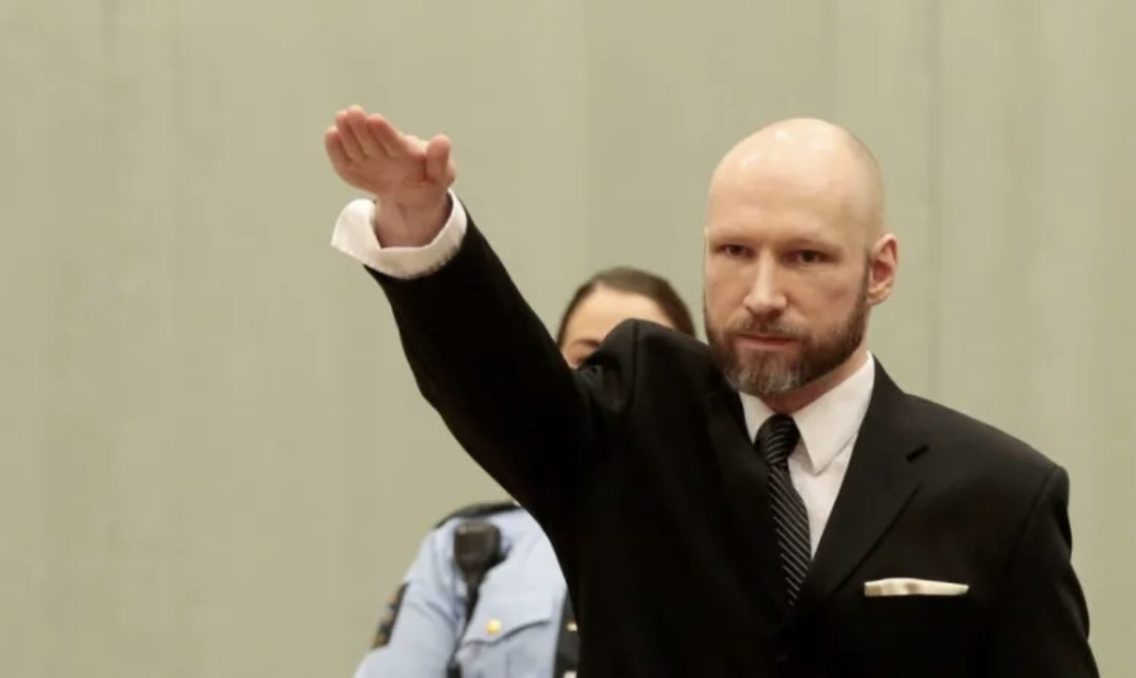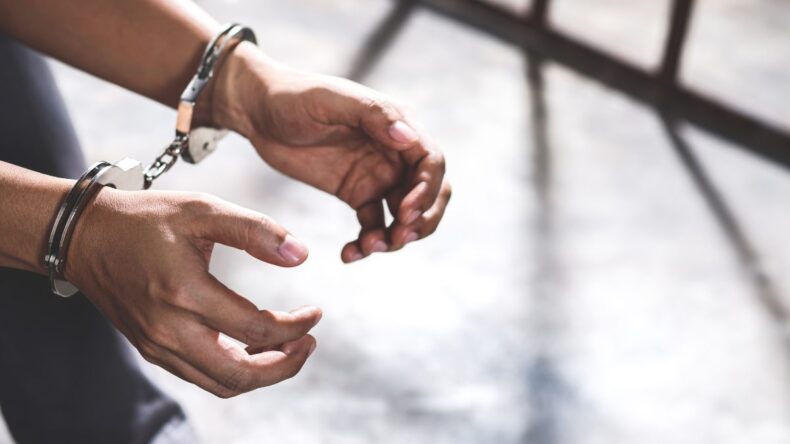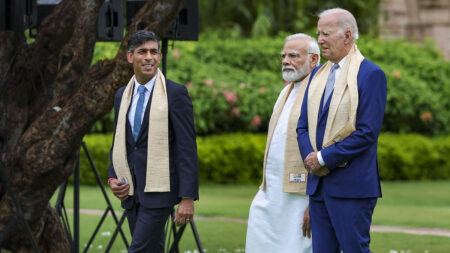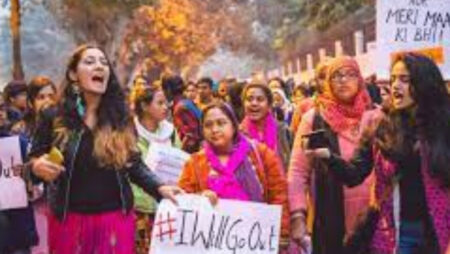Rights were violated as Anders Behring Breivik‘s name became synonymous with a horrifying act of violence in July 2011, shaking the world. He perpetrated Norway‘s worst peacetime atrocity, killing 77 people, most of them teenagers, through a combination of shootings and a bombing attack. After his conviction, Breivik was sentenced to serve 21 years in prison, which can be extended if he remains a threat to society. Amid this sentence, he is now suing the Norwegian state for allegedly violating his human rights by subjecting him to “extreme isolation.” Additionally, he has applied for parole, a move that raises complex questions about balancing individual rights and public safety.
Table of Contents
The Lawsuit and Allegations
Breivik’s lawyer, Oeystein Storrvik, revealed that his client is pursuing a lawsuit against the state, claiming that he has been subjected to “extreme isolation” for the past 11 years of his incarceration. According to Storrvik, Breivik has had no significant contact with anyone other than his guards during this time. The crux of his argument rests on the assertion that such isolation constitutes a violation of his human rights. This lawsuit comes after a prior failed attempt in 2017 when an appeals court overturned a lower court verdict that Breivik’s near-isolation in a three-room cell was inhumane.
Breivik’s legal team maintains that his conditions of confinement have not improved even after being transferred to a new prison last year. They had hoped that the change in location would result in better conditions, potentially allowing him to interact with other inmates. Storrvik asserts that the lawsuit is an attempt to improve Breivik’s circumstances, thereby addressing concerns about potential human rights violations.

Rights, Public Reaction, and Ethical Dilemma
The case of Anders Behring Breivik raises several ethical and legal questions. On one hand, there is a duty to ensure that even the most heinous criminals are treated humanely and their basic rights are upheld. The principle of not subjecting individuals to cruel and unusual punishment is a cornerstone of democratic societies. However, the severity of Breivik’s crimes has led to strong public sentiments against any perceived leniency towards him. Many argue that his actions were so heinous that he forfeited his right to certain privileges, including regular social interaction.
The public outcry against Breivik’s potential parole is another dimension of this dilemma. Last year, a Norwegian court rejected his parole application, citing concerns that he still posed a risk of violence. Balancing the rights of an individual, even one who has committed grave crimes, with the need to protect society from potential harm presents a complex ethical challenge for the judicial system. The fear of releasing someone capable of such violence is a legitimate concern, and the court’s decision reflects the delicate balance between safeguarding society and acknowledging an individual’s rights.
Legal Precedent and Future Implications
The legal battle that Breivik’s case has ignited is not without precedent. In various jurisdictions around the world, discussions about the rights of convicted criminals and the nature of their confinement have taken place. Striking the right balance between punishment, rehabilitation, and ensuring humane treatment is an ongoing challenge for legal systems.
The outcome of this lawsuit could set a significant precedent for the treatment of high-profile, heinous criminals and the interpretation of human rights standards in the context of incarceration. If the court rules in favor of Breivik and determines that his isolation constitutes a violation of his human rights, it may prompt reevaluations of the conditions of confinement for other prisoners. Conversely, a ruling against Breivik might strengthen the argument that the severity of the crime should be a factor in determining the conditions of confinement.
Conclusion
Anders Behring Breivik’s lawsuit against the Norwegian state and his application for parole presents a complex legal and ethical dilemma. On one hand, it highlights the importance of upholding human rights principles even for those who have committed reprehensible acts. On the other hand, it underscores the need to safeguard society from individuals who may pose a continued threat. The legal proceedings and subsequent decisions, in this case, will have far-reaching implications for the treatment of incarcerated individuals, the interpretation of human rights standards, and the delicate balance between justice and public safety. As the case unfolds, society will grapple with the difficult task of finding the right path forward in a morally complex and emotionally charged situation













